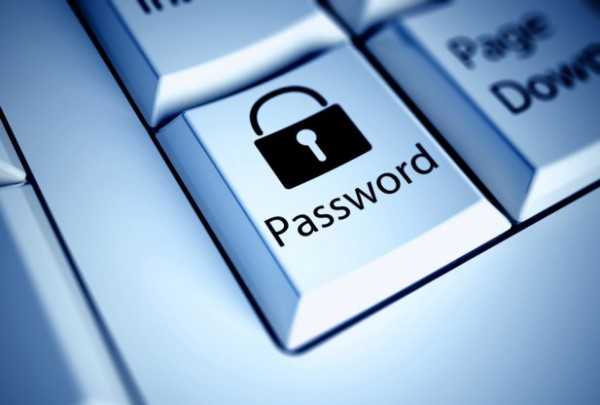585 government websites defaced by cyber criminals-FG
Out of the 2, 175 websites defaced in Nigeria, 585 are government owned, Director General of National Information Technology Development Agency (NITDA) Peter Jack has said. Speaking at the opening of a two day National Security Policy and Capacity Workshop organised by Microsoft Corporation in collaboration with the Office of the National Security Adviser (ONSA) […]


Out of the 2, 175 websites defaced in Nigeria, 585 are government owned, Director General of National Information Technology Development Agency (NITDA) Peter Jack has said.
Speaking at the opening of a two day National Security Policy and Capacity Workshop organised by Microsoft Corporation in collaboration with the Office of the National Security Adviser (ONSA) in Abuja, he said with growing sophistication of people with ill intention, it has become imperative more than ever before for Nigeria to have a workable strategy on safety and security of its cyber infrastructure.
Lagos state is one of the victims of the website defacement by criminals, he said.
The theme of the workshop was “Balancing Risk, Innovation and National Security.”
Jack also said that between 2000 and 2013, a space of 13 years, Nigeria lost N159 billion through cybercrime.
Speaking earlier, National Security Adviser Maj. Gen. Babagana Monguno who was represented by a director in his office Issac Idu said technological advancement has now made cyber space to impact on our daily lives.
He said as much as technology was creating opportunity for innovation and international collaborations, “criminals use computers and cyber space to perpetuate terrorism.”
Monguno said “our objective is providing a secure and safe cyber security for the protection of Nigerians and its economy.”
Managing Director Microsoft Nigeria Kabelo Makwane said the workshop was meant to support Nigeria in capacity building to have a secure and safe cyber space.
He said “We have a lot to offer in this regard to mitigate country-to-country cyber-attacks, threats from hackers and issues of malicious code.”
